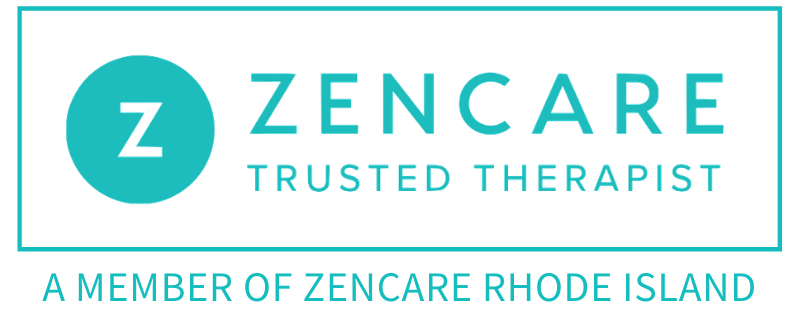Individual Therapy
Our Therapists Specialize In:
Cognitive Behavioral Therapy
Cognitive behavioral therapy (CBT) is a short-term form of psychotherapy directed at present-time issues and based on the idea that the way an individual thinks and feels affects the way he or she behaves. The focus is on problem-solving, and the goal is to change clients’ thought patterns in order to change their responses to difficult situations. A CBT approach can be applied to a wide range of mental health issues and conditions.
Reality Therapy
Reality therapy is a client-centered form of cognitive-behavioral psychotherapy that focuses on improving present relationships and circumstances while avoiding discussion of past events. This approach is based on the idea that our most important need is to be loved, to feel that we belong and that all other basic needs can be satisfied only by building strong connections with others. Reality therapy teaches that while we cannot control how we feel, we can control how we think and behave. The goal of reality therapy is to help people take control of improving their own lives by learning to make better choices.
Narrative Therapy
Narrative therapy is a form of counseling that views people as separate from their problems. This allows clients to get some distance from the issue to see how it might actually be helping them, or protecting them, more than it is hurting them. With this new perspective, individuals feel more empowered to make changes in their thought patterns and behavior and “rewrite” their life story for a future that reflects who they are, what they are capable of, and what their purpose is, separate from their problems.
Motivational Interviewing
Motivational interviewing is a counseling method that helps people resolve ambivalent feelings and insecurities to find the internal motivation they need to change their behavior. It is a practical, empathetic, and short-term process that takes into consideration how difficult it is to make life changes.


Depression Treatments
Anxiety Treatments
Bipolar Disorder Treatments
Art Therapy
Art therapy involves the use of creative techniques such as drawing, painting, collage, coloring, or sculpting to help people express themselves artistically and examine the psychological and emotional undertones in their art. With the guidance of a credentialed art therapist, clients can “decode” the nonverbal messages, symbols, and metaphors often found in these art forms, which should lead to a better understanding of their feelings and behavior so they can move on to resolve deeper issues.
Play Therapy
Mindfulness-based Cognitive Therapy
MBCT is a modified form of cognitive therapy that incorporates mindfulness practices such as meditation and breathing exercises. Using these tools, MBCT therapists teach clients how to break away from negative thought patterns that can cause a downward spiral into a depressed state so they will be able to fight off depression before it takes hold.
Book Your First Appointment
Rhode Island Location
1 Richmond Square
350w
Providence, RI. 02906
(GPS Location 331 Waterman St)
*Free Parking
Florida (Mailing Address)
25 SE 2nd Ave,
Ste 550 PMB 21
Miami, FL. 33131
Contact Us
401-227-0372
Fax 877-455-9466
If you or someone you know is struggling or in crisis, help is available. Text or call 988 or chat 988lifeline.org. Caring counselors listen and provide free and confidential support 24/7.
National Transgender Lifeline Crisis Line (Staffed by Transgender Individuals) 1-877-565-8860
National Coalition Anti-Violence Programs: 212-714-1141
Lesbian, Gay, Bisexual and Transgender (LGBT) National Hotline:
1-888-843-4564
LGBT National Youth Talkline:
1-800-246-PRIDE (1-800-246-7743)
LGBT National Senior Talkline:
1-888-234-7243
LGBT Youth Talkline: 800-246-7743




